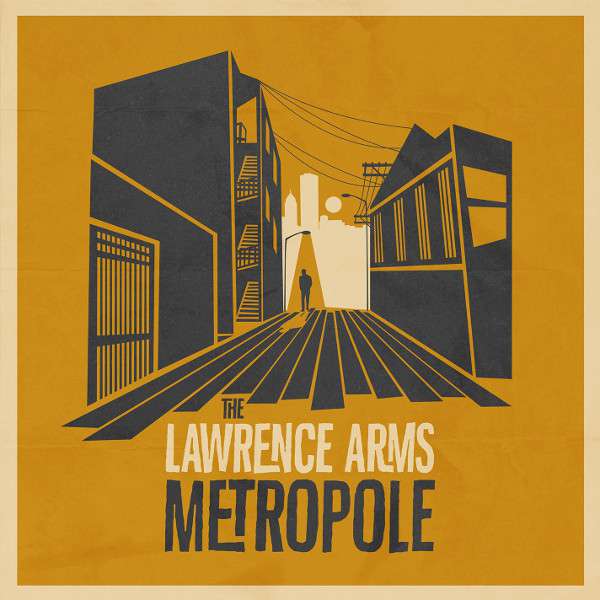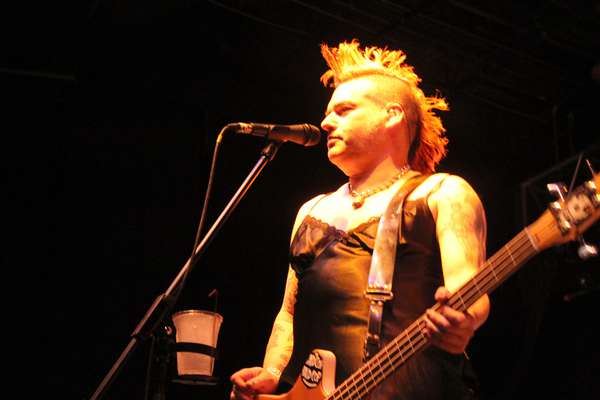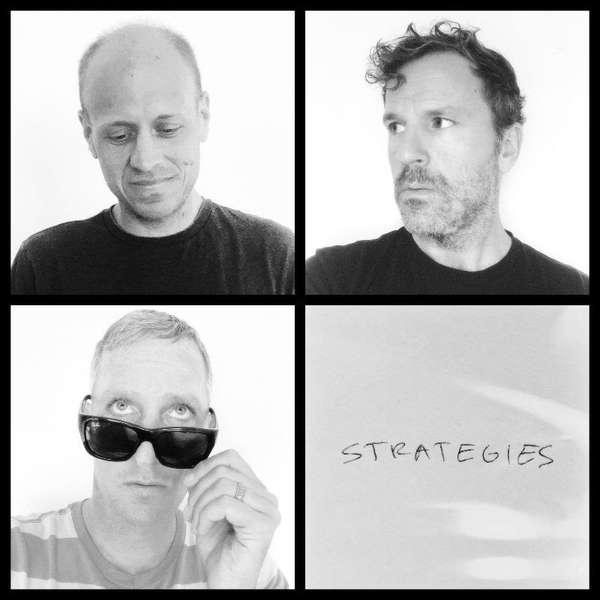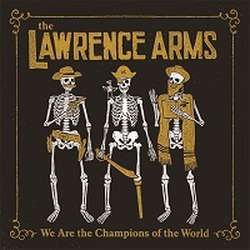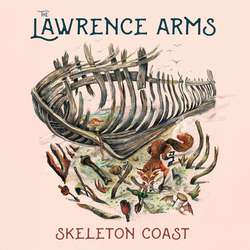When The Lawrence Arms released Oh Calcutta! back in 2006, it was billed by the band as a collection of songs utilizing the back-and-forth, high octane punk they enjoy listening to—a conscious decision to switch-up their sound for a record. Then, life happened and the group took eight years for a new album. 2014 brings Metropole, and even with the unexpected delay, the record feels more like a follow-up to 2003’s The Greatest Story Ever Told, rather than its predecessor.
The biggest item of note with Metropole is the maturity, lyric-wise. The songs reflect on the past—as the band has always done—but with a real self-awareness of their own identity as a band, rather than as individuals. “Beautiful Things” is the strongest example and, frankly, is without question the record’s standout. It reflects not on their own mortality and newfound perspectives on life in the past eight years, but on their own previous words, feeling like a grown-up looking back on their 20-something years, specifically in this case, the Apathy & Exhaustion era. Stylistically it follows many of Chris McCaughan’s lead songs from that record while the lyrics examine similar themes through new eyes. It’s an open and honest discussion of their own development as people but without a cornball meta aspect to it, still using McCaughan’s flowery language following his “I was so lost and I was so young” proclamation:
I was so lonely it started to rain
The lightning and thunder were singing my name
I thought those songs could save me
It’s not all about themselves, of course. “Drunk Tweets” is a classic Kelly witted barb and “The YMCA Down the Street from the Clinic” explores homelessness through first-person point of view.
It’s a serious record, which isn’t new territory, but it feels a bit stern and more reflective. Similarly, the tempo is a touch slower and the singing is more refined. As the band has grown, Brendan Kelly’s screaming has become more subdued and it’s all but replaced here with actually singing, especially in “Paradise Shitty.” Along with the improved confidence in their vocal chops comes a stronger sense of harmony between the two leads, as in “Never Fade Away,” instead of the trade-offs utilized in the early days.
The record starts faster, with punk burners for the first three songs, showcasing their skills at articulate lyrical flow and speedy tempos, and they somehow turn the repetition of “You Are Here” into a positive thing, milking every bit of singalong they can out of just a few words. For all the time that has passed, little rust is shown, with the record a great companion piece in the band’s discography.
